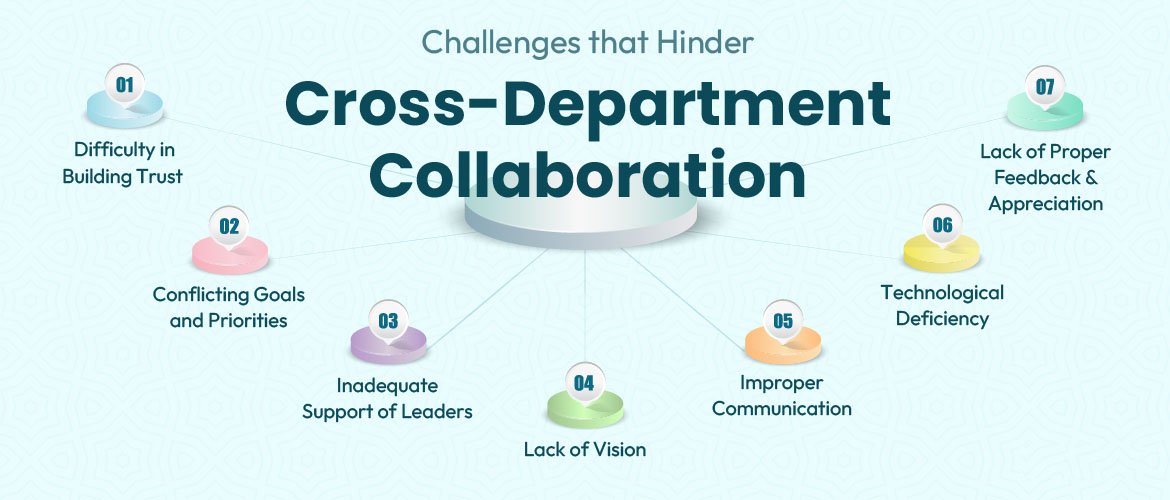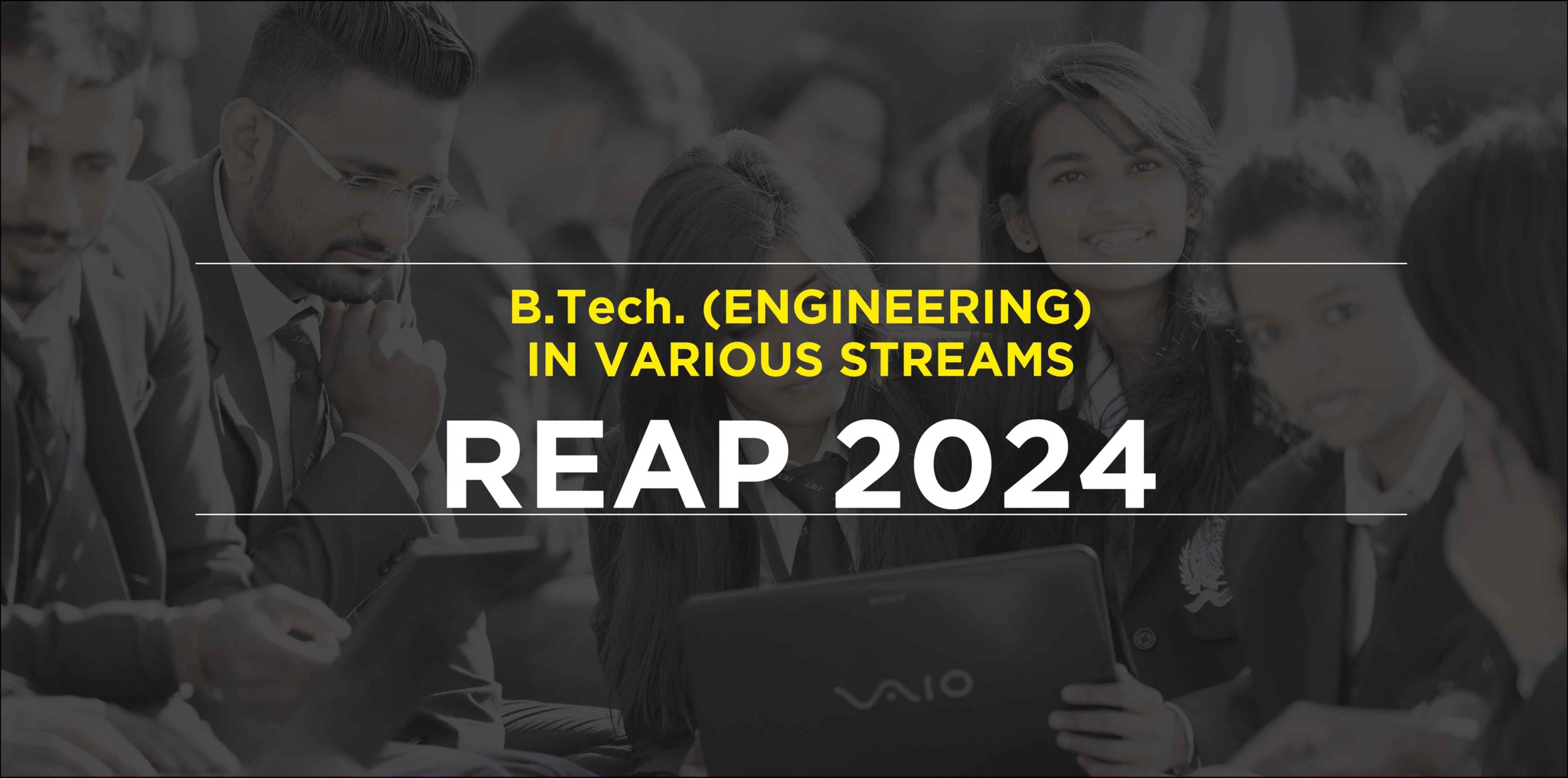Difference Between ML, AI Specific Courses, And Traditional Computer Engineering
Computer Science Engineering (CSE) has been one of the most popular engineering streams in the last few decades. With the developments in the tech industry, new and more advanced computing solutions are becoming publicly available now. To meet the latest developments in the industry, engineers are required to learn new skills and become adept with modern technologies. One of the industries/sectors that has grown exponentially over the last decade is the Machine Learning & Artificial Intelligence industry.
Today, even without realising it, you interact with ML and AI solutions over the internet. These programs are built on very complex algorithms that require special qualifications from engineers to develop. Since these algorithms are very complex, it is not possible for engineers to develop or work on these programs without additional and dedicated knowledge in the fields of mathematics and statistics.
Given the growing popularity of these streams and their future prospect, many technical universities around the world are now developing courses that are specifically directed toward Artificial Intelligence & Machine Learning. These courses are for students/candidates who want to pursue a career in these fields. These courses focus on all the necessary skills needed by an engineer in these industries, which are mathematics, statistics, and computer science. So, let’s look at the differences between AI & ML-specific courses and how they are different from traditional computer engineering courses.
Difference Between Traditional Computer Engineering Courses Vs. AI & ML Specific Courses
Placement
When it comes to placements, traditional computer engineering courses help students get placed in various industries as IT Analysts. In the tech industry, they are placed as Software engineers and web developers. Some sectors where students find work after traditional computer science engineering courses are financial institutions, banks, tech companies, manufacturing companies, and many more.
When it comes to placements under ML & AI courses, the placement opportunities are not as varied as of yet. Currently, ML & AI engineers can get hired at some of the top tech companies globally, such as Tesla, Google, Accenture, Uber, Apple, Adobe, and Microsoft. These top placements come with great benefits and respectable job roles, making them great opportunities for students.
Curriculum
The curriculum of traditional computer engineering courses focuses on teaching students the basics about many different aspects of computer science and advanced skills in specific programming languages that help students get placed and make their mark in the industry. The four-year curriculum also focuses heavily on practical work, projects, and industry experience, before students are handed over the engineering degree.
For ML & AI-specific courses, the curriculum is more complicated because these courses focus on all the aspects of computer science engineering with pure mathematics, statistics, and programming languages such as Python. Given the syllabus and curriculum is more in-depth and fixated on a particular topic, students who complete ML & AI courses have more profound knowledge about their field because their courses are very detailed.
Future prospects
The future prospects of traditional computer engineering courses include getting placed at some of the best tech companies in the world. With your hard work, you can move up the corporate ladder in a few years and be at the top positions in your industry with hefty pay packages and respectable job positions.
When it comes to AI & ML-specific courses, the future prospects are much more lucrative. Since these courses are more detailed, difficult, and specific towards a particular subject, the top students from these fields will be ready to dominate their industry after completing their education. They will also be able to start better job positions with better benefits than students from traditional computer engineering courses. And most importantly, AI & ML engineering will have more varied job opportunities in the future in almost every industry, and their experience in the field from now will help them get to the top of their industries.
Fees
The fees of both traditional computer engineering courses and AI & ML specific courses are the same, with the top limit of around 6-8 lakhs for the course. For traditional engineering courses, the fees for a course can be as low as 2-3 lakhs. But, for AI & ML specific courses, the fees, on average, are around 4 lakhs minimum for the course.
Brand Value
Both of these courses are engineering courses and have good brand value. However, the AI & ML specific courses set themselves apart from the other traditional engineering courses because they are more advanced. Their resulting job roles are currently new to the industry and more respected because of the complicated job process they have to do. Both of these courses have good brand value, but given AI & ML are essential to the future of tech in the world, those courses are starting to have more value than traditional engineering courses in India.
If you are interested in pursuing ML & AI-specific engineering courses, you must go for JIETDAT, which is the first AICTE-approved college in Rajasthan to offer AI & ML engineering courses. Their curriculum is in-depth and excellent for starting your AI & ML career.






















